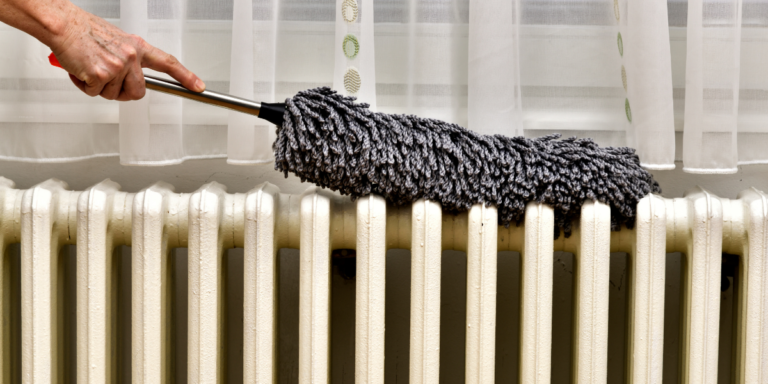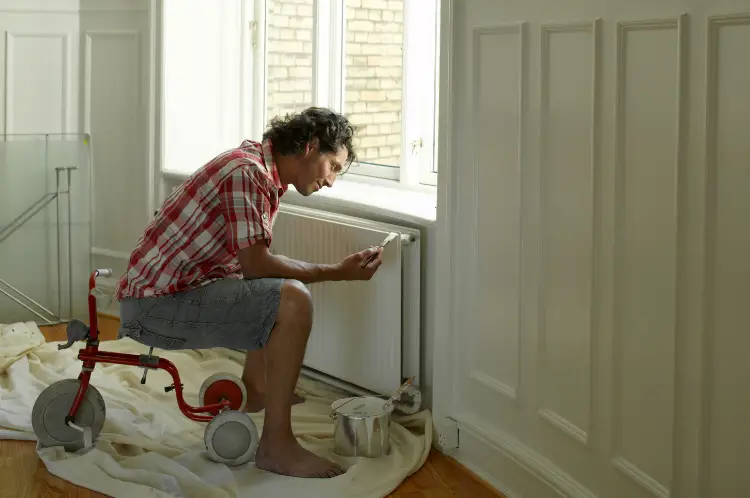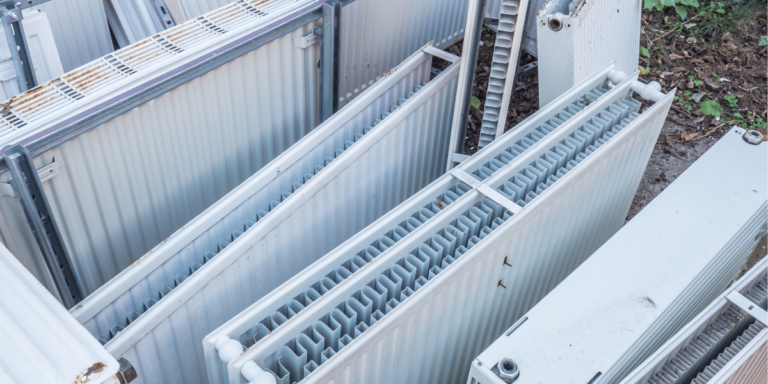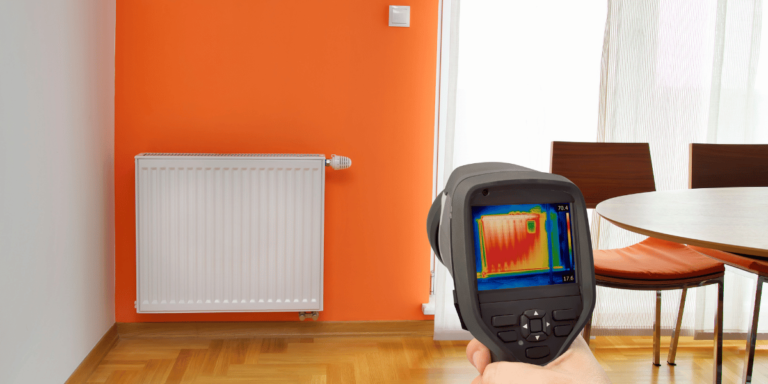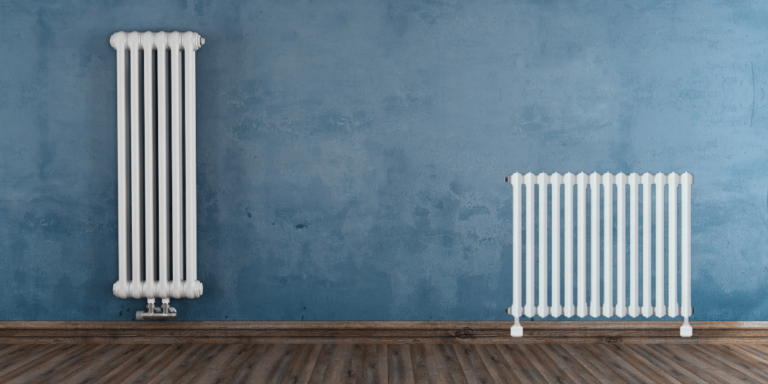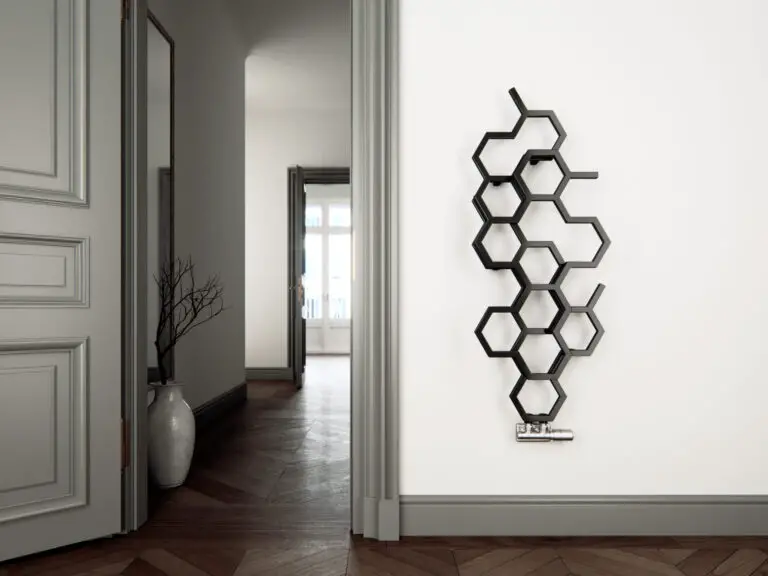Does your radiator sound like a kettle boiling? Is your radiator extremely noisy? Does your radiator hiss? Is your radiator rattling? Does the sound of your radiator banging keep your up at night?
Well, in this blog we’re going to give you a couple of secrets as to why your radiator is acting up as well as ways to fix a noisy radiator and get back some peace and quite.
Is my radiator supposed to be so noisy?
Radiators are a great way to provide heating for your home, but they can also be noisy. This is a common problem that many people face. Radiators are not supposed to make noise, but if yours does, it might just need some maintenance. A couple of easy fixes could rapidly get rid of all that racket.
There are many reasons why a radiator might be making noise. Some of the most common reasons include:
- There is an air leak in the system
- The radiator is not properly sealed or insulated
- Air pressure in the house has increased and needs to be fixed
Finally, like all things, radiators have a limited lifespan — it might just be asking for its retirement party. Sometimes, the only way to fix an old radiator is by taking it out back and putting it out of its misery. You might just need to replace the unit with a sleeker brand new model.
How to fix a noisy radiator
Oddly enough, when it comes to headache-inducing radiator rackets the first thing you have to do is actually submit yourself to that wall of sound. It’s incredibly easy to fix a noisy radiator, in most cases something as simple as turning a valve, but before you can address the problem, you’ll first have to identify what type of sound your radiator is making. You’ll need to calmly, methodically, sit down, and have a conversation with your radiator — all ears. Really hear out what your unit is trying to convey.
Is it making a banging sound? Is your radiator hissing? Does it sound like a baby crying? Is it whistling? Is your unite rattling? Each one of those tunes is distinctive and gives you – as soon to be handyman or handywoman – key clues as to why it’s acting up and how to approach and rapidly fix the problem.
Also, it’s important to note that most radiators are prone to making a couple of sounds at the start of their workday. When warming up or because of the natural expansion of the metal. If the noise is mostly isolated to the first few minutes, right after your radiator has started up, then don’t worry it’s perfectly natural.
As the Sherlock you’ve become, speaking tongues and having long conversations – in their language – with your heating unit, you’ve probably stumbled onto the tune and metric of your radiator. You’ve identified the noise….
So, what does it sound like?
Banging and rattling
If your radiator is making a banking sound or a lot of rattling noises means you have a limescale buildup — very similar to what happens to certain kettles. Limescale is a result of evaporated hard water. When that buildup starts to still and clog your heating system it will restrict the flow of water. Very much like fat tissues clocking up an artery. Water still flows but not as efficient. This will trap moisture inside the heat exchanger, which in turn will boil, steam, and expand. The result? Your heating unit will start to shake, rattle, and roll.
How do you fix limescale build-up?
Fixing it is pretty simple and straightforward.
- Add a descaler – you can purchase them online or at your local hardware store – to your feed and expansion tank.
- Allow the chemical to circulate through the radiator.
- Once the descaler has circled simply flush it out with clean water.
If you want to prevent limescale build-up from happening again, add some radiator inhibitor or anti-limescale agent to prevent the formation of that nasty corrosion. Aside from getting rid of the noise, a descaler also improves your unit’s lifespan and its efficacy.
Clicking noise
When your radiator whistles, the likely culprit is trapped air bubbles. Air bubbles naturally occur in radiators due to the movement of heated water through your unit. Sometimes, the air gets trapped in the piping, This might cause a clicking or gurgling sound.
How do I get rid of air bubbles?
You will need to remove them by opening up air vents or the automatic bleed valve. A turn of a knob, something as simple as that, might get rid of all that noise. Also, you may consider moving your heating pump, in case you’re having to constantly deal with air bubbles, to the supply side of your boiler rather than leaving it on the cooler boiler return piper.
Loud explosion
If your radiator scares the bejesus out of you, like it just went nuclear, then you have sludge buildup. Loud noises, out of the blue, may be caused by excessive sludge or debris running around somewhere in your heating system. Sludge is a direct result of corrosion ink the central heating system, It is often nasty, dark brown, black, and yucky all around.
Sludge happens naturally in most pipeworts and radiators.
How do I get rid of sludge?
You will need to bleed your radiator or drain your heating unit. Flushing the system with clean water and adding radiator inhibiting fluid will get rid of sludge and help prevent it in the future.
Clanging noise
If you hear clanging or banging noise then you most likely have a loose heating pipe or an unclipped pipe.
How do I get rid of a loose pipe?
You will need to secure the pipes back into their clips to avoid vibrations and hammering. Sometimes, clips or wooden joints come undone, you might need a professional to replace them.
Dripping noise
Sound similar to water coming or falling from the radiator means your unit leaks.
How do I get rid of that dripping noise?
If you think you might have a water leak, then simply turn off your central heating system and water supply. Afterward, call a professional. DO NOT try to locate or fix the leak yourself — it’s extremely risky.
Hissing or Rushing sound
If you hear water slashing around, or the radiator stumbling back and forth, then that means your radiator might be imbalanced. This translates to hot water only heating part of your system.
How do I get rid of that hissing noise?
You can control the flow of water through your unit by using a Lockshield valve. Experiment with it until your feel the noise has dissipated and the hot water is evenly distributed.

